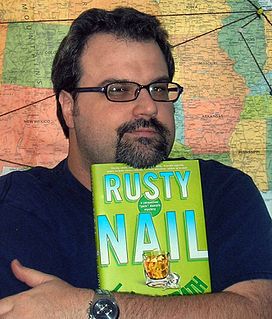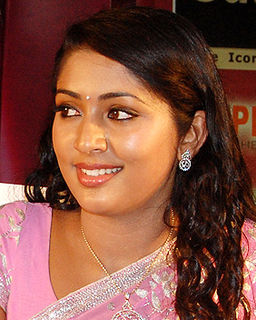A Quote by M. J. Rose
One of the biggest differences between you and a traditionally published author is that a self-pubbed author is responsible for everything. Not just writing the book - but cover design, editing, producing, distribution, and publicity as well.
Related Quotes
Because every book of art, be it a poem or a cupola, is understandably a self-portrait of its author, we won't strain ourselves too hard trying to distinguish between the author's persona and the poem's lyrical hero. As a rule, such distinctions are quite meaningless, if only because a lyrical hero is invariably an author's self-projection.
Reading a book should be a conversation between you and the author. Presumably he knows more about the subject than you do; if not, you probably should not be bothering with his book. But understanding is a two-way operation; the learner has to question himself and question the teacher, once he understands what the teacher is saying. Marking a book is literally an expression of your differences or your agreements with the author. It is the highest respect you can pay him.
Authors have a greater right than any copyright, though it is generally unacknowledged or disregarded. They have a right to the reader's civility. There are favorable hours for reading a book, as for writing it, and to these the author has a claim. Yet many people think that when they buy a book they buy with it the right to abuse the author.
I spent many years writing and directing in radio drama, so I am comfortable with an audience or a microphone, but I do worry about the blurring of an author's public persona with the work itself. A good 'performer' can make a mediocre book sound strong, and a shy author can leave listeners missing the excellence of his or her writing.
About a year after (my stories began being published), magazine editor George Scithers, suggested to me that since I was so new at being published, I must be very close to what I had to learn to move from fooling around with writing to actually producing professional stories. There are a lot of aspiring writers out there who would like to know just that. Write that book.SFWW-I is that book. It's the book I was looking for when I first started writing fiction.
Whether the author intended a symbolic resonance to exist in her book is irrelevant. All that matters is whether it's there. Because the book does not exist for the benefit of the author, the book exists for the benefit of YOU. If we as readers can have a bigger and richer experience with the world as a result of reading a symbol and that symbol wasn't intended by the author, WE STILL WIN.
If everything is made so obvious that it asks nothing of the readers, then after a while, their ability to respond is atrophied. And they grow up as young people unable to take anything from a printed page, or they become bored because they haven't discovered the nuances, the differences of opinion, the differences of approach between one author and another. Children can be trusted to skip what they don't like in a book. That's perfectly all right. But to have it all reduced to the supposedly twelve-year-old mind of the adult public is what I object to.

































